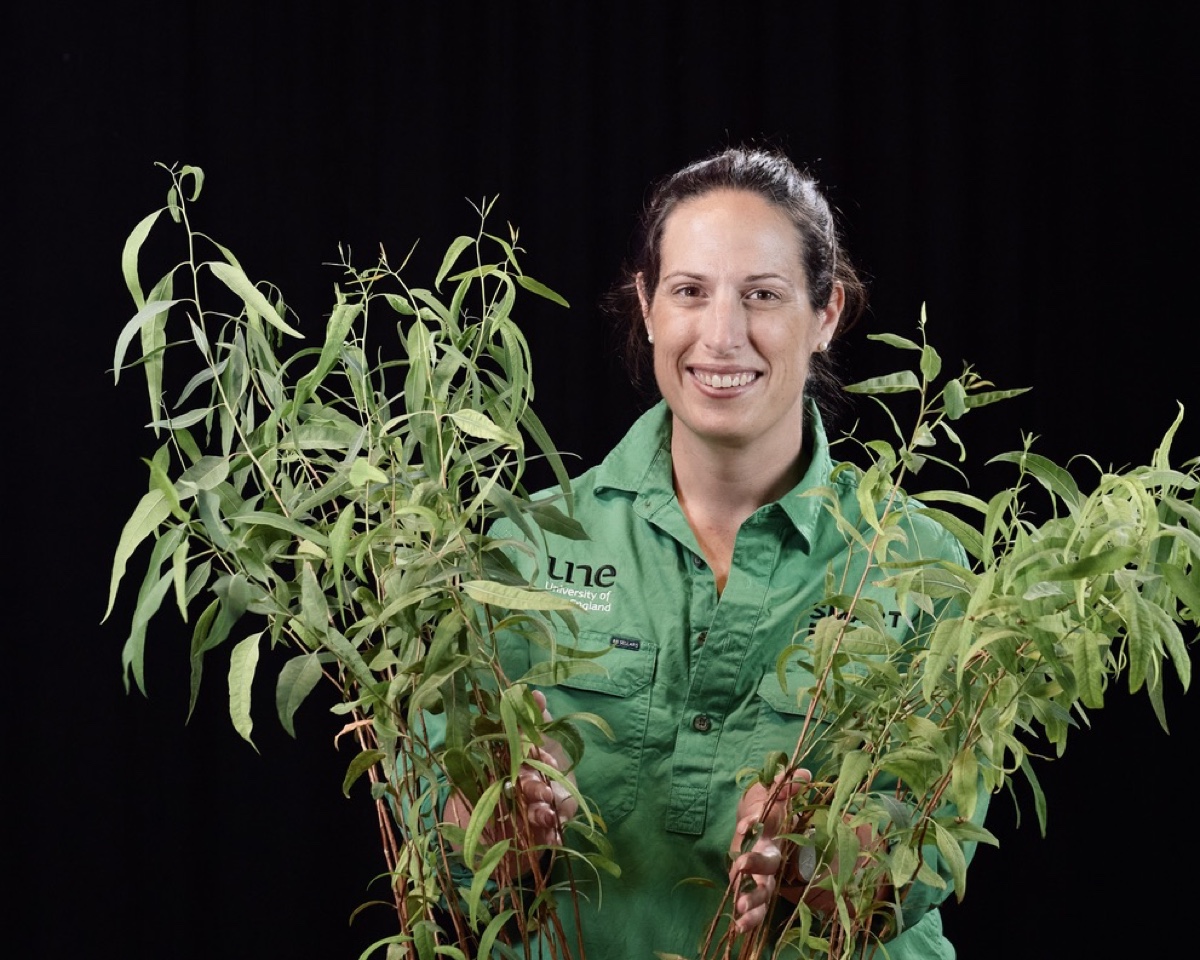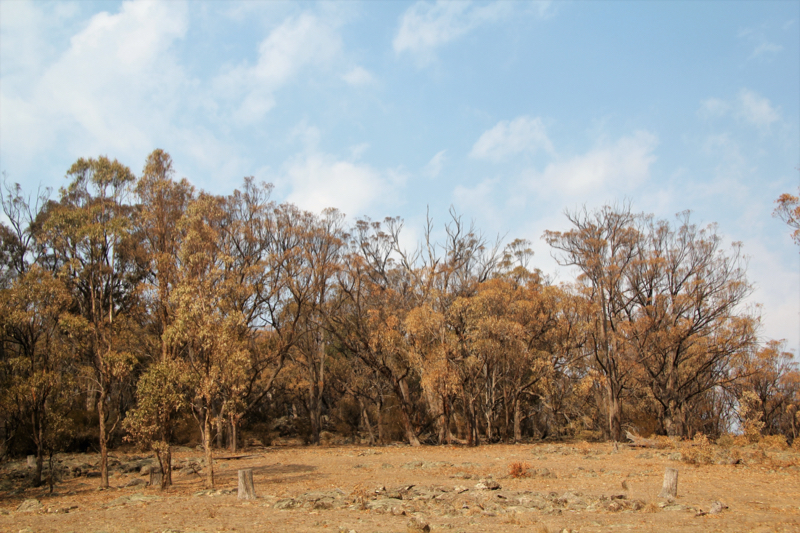
A TEAM of UNE scientists hope to provide a clearer explanation for the deaths of millions of trees across the New England Tablelands over the past 50 years.
A UNE project led by Dr Rhiannon Smith will revisit the phenomenon known as New England dieback, to see whether new approaches to the problem can deliver answers that have eluded scientists for decades.
The UNE-led project is one of six dieback-related studies being conducted across the State, supported by $1.2 million in funding from the NSW Environmental Trust.
NSW Environment Minister, Matt Kean, described eucalypt dieback as “one of the state’s most damaging ecological issues”.
“By engaging some of the country’s best scientific minds, we are hoping to find ways to remedy the current dieback areas and prevent future outbreaks,” Mr Kean said.
Dr Smith said there have been many past studies of dieback conducted in Australia, and many hypotheses formed around the phenomenon, “but there has never been any joining of the dots between those studies to determine the common threads”.
“Our project will look right across those studies, and do additional field work using contemporary tools and methods, to see whether we can pull together all that scattered knowledge to better understand the sequence of events that cause dieback.”
“Dieback is often considered to be a thing of the past on the New England Tablelands, but it is still happening, and we are now seeing that climatic extremes are combining with other drivers and pushing more landscapes into decline. It is vital that we get a better understanding of the phenomenon, and work to prevent more tree loss.”
The UNE project team is being supported by independent ecologists with decades of experience in the New England; the Armidale Tree Group; Southern New England Landcare; Glen Innes Natural Resources Advisory Committee, and the Northern Tablelands Local Land Services.
Although the dieback events of the 70s and 80s made the New England synonymous with rural tree decline, whole landscapes of trees have died and are dying across Australia (and elsewhere around the world) – and scientists remain uncertain about how to prevent it.
 Climate extremes are amplifying the other tree-killing factors causing dieback
Climate extremes are amplifying the other tree-killing factors causing dieback
Throughout the past five decades, scientists have investigated possible challenges to tree health from many angles: insect pressure, compacted farmland soils, changed soil microbiology, loss of other native vegetation, and other factors.
Their efforts have provided different perspectives on the stresses faced by farmland trees, but the relative contribution of different stressors and the complex interactions between potential drivers of tree decline require further investigation.
Dr Smith’s team will weave together the threads of past knowledge and contemporary science to see whether they can arrive at a holistic explanation for dieback, and recommendations for how it may be stopped from killing more trees.
The team will take two approaches to the investigation.
The “desktop” approach will review decades of dieback research, and track the conclusions of past studies against the photographic evidence of land use and landscape change.
Sophisticated remote sensing and GIS techniques will be used to identify landscape management and climatic drivers of dieback in order to predict sites at risk of future dieback events and potential strategies to improve ecosystem resilience.
A program of field work will aim to fill in any gaps in knowledge so that a more coherent hypothesis for dieback can be developed.
Dr Smith said that potential questions to be answered include:
– how do drought stress and insect herbivory interact to accelerate dieback?
– does parent tree health impact seed germination and establishment of offspring, and therefore regeneration/revegetation potential?
– what Best Management Practices can be put in place to manage sites to avoid tree decline and dieback?
The project is expected to run over three years.
